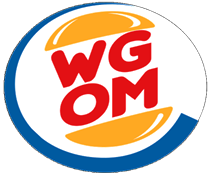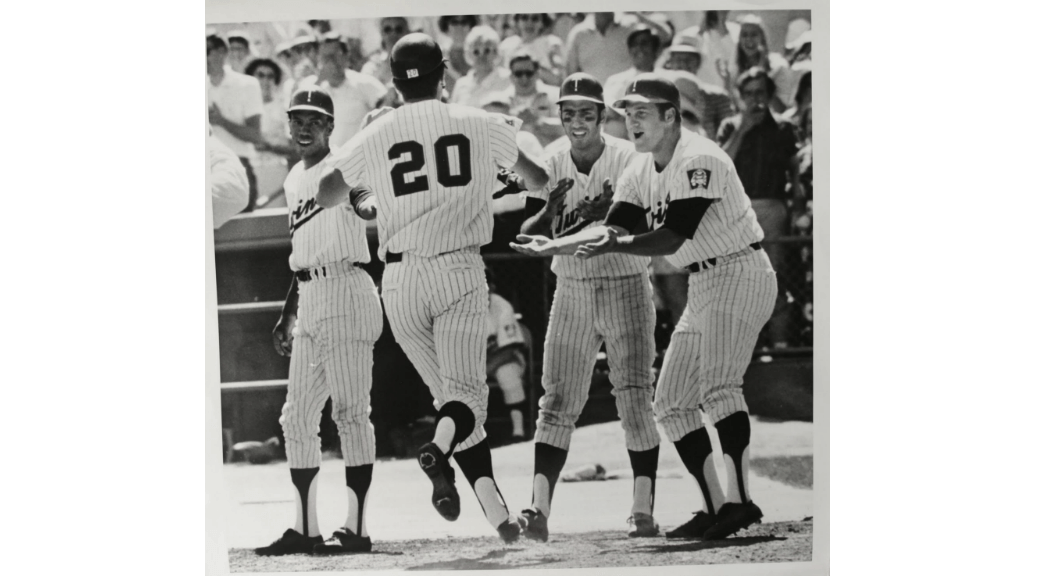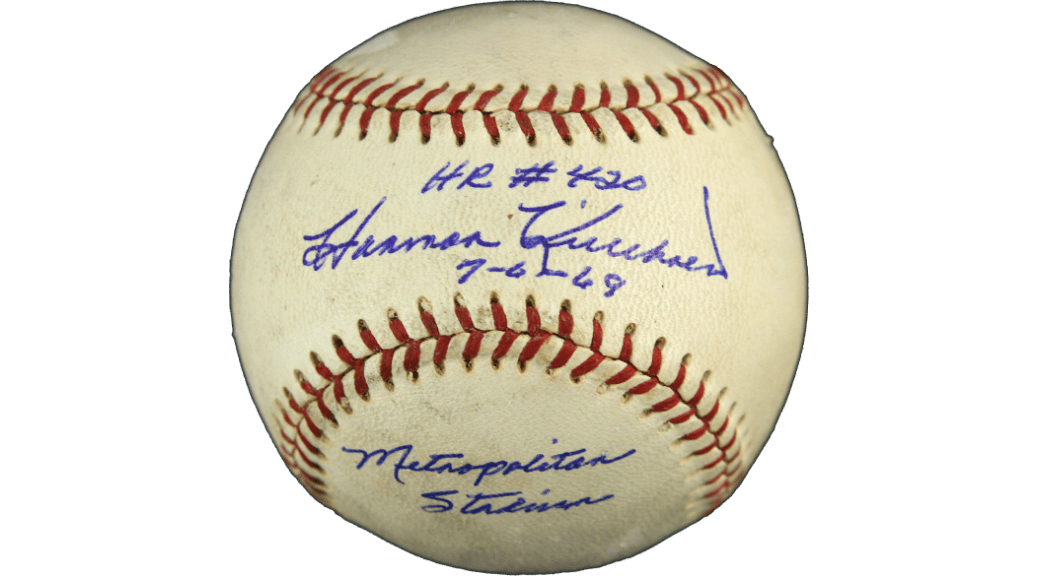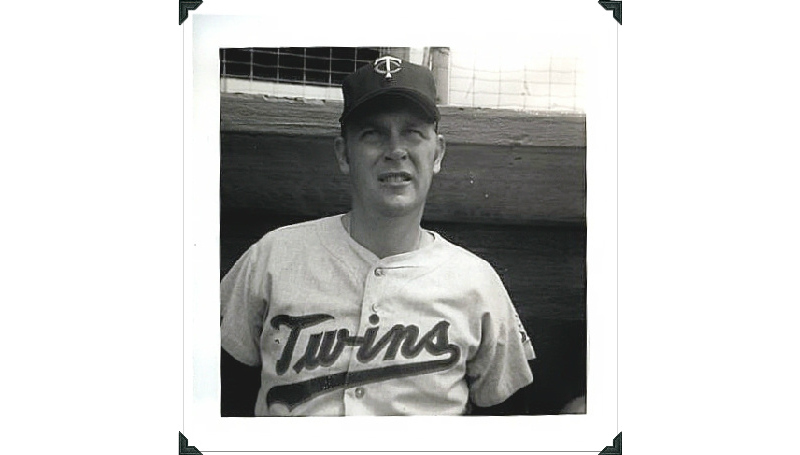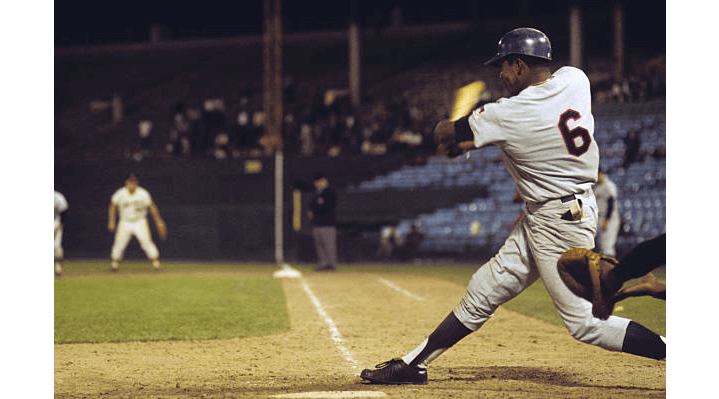MINNESOTA 6, KANSAS CITY 5 IN MINNESOTA
Date: Monday, July 7.
Batting star: Rich Reese was 1-for-4 with a home run, his seventh.
Pitching stars: Al Worthington pitched a perfect inning. Dick Woodson struck out four in two perfect innings.
Opposition stars: Jim Rooker was 2-for-3 with two home runs and three RBIs. Chuck Harrison was 2-for-3. Lou Piniella was 2-for-4 with a triple.
The game: With two out in the first, Piniella singled and Bob Oliver tripled, putting the Royals up 1-0. The Twins took the lead in the second. Tony Oliva led off with a single and stole second, but he was still on second with two out. Frank Quilici and George Mitterwald each walked, loading the bases, and Jim Kaat made the Royals pay with a three-run double that gave the Twins a 3-1 lead.
Kansas City pitcher Rooker homered leading off the third to cut the lead to 3-2. In the fifth, Chuck Harrison singled with one out and Rooker struck again, hitting a two-run homer to put the Royals ahead 4-3. Twins fans (and players, and manager) had to be wondering what was going on. Kansas City had just five hits, and two of them were home runs by their pitcher. The Royals added a run in the sixth when Paul Schaal singled and Piniella tripled him home to make the score 5-3.
Kansas City opened the seventh with singles by Joe Foy and Harrison, putting men on first and third, but Worthington relieved Kaat and took care of business. Foy was cut down trying to score on an infield grounder and Rooker hit into a double play, keeping the score 5-3.
The missed opportunity cost the Royals. Reese led off the eighth with a home run to cut the margin to 5-4. Harmon Killebrew walked and Oliva reached on an error, putting men on first and second. A bunt moved them to second and third, and pinch-hitter Charlie Manuel came through with a two-run single to give the Twins a 6-5 lead. Woodson struck out the side in the ninth to preserve the win.
WP: Woodson (6-3). LP: Rooker (0-6). S: None.
Notes: Cesar Tovar was again in center field. Bob Allison was in left, with Ted Uhlaender on the bench. Uhlaender pinch-ran for Killebrew in the eighth and stayed in the game to play left. Frank Quilici, who had started the game at second base, moved to third to replace Killebrew, and Rod Carew, who had been on the bench, came into the game to play second.
Tovar led off for the Twins. Reese batted second, one of nine times on the season he batted in the number two spot. Leo Cardenas batted fifth, one of ten times on the season he batted in the number five spot. Mitterwald was catching in place of Johnny Roseboro.
Oliva was 1-for-4 to make his average .327. Reese was now batting .314.
Kaat pitched six innings, allowing five runs (three earned) on nine hits and no walks and striking out five. His ERA was 2.91. Rooker pitched seven innings, allowing six runs (five earned) on four hits and five walks and striking out three.
Kansas City out-hit the Twins nine to five.
Rooker is another guy who falls in to the "good hitter for a pitcher" category, as opposed to actually being a good hitter. He hit seven home runs in his career, two of them in this game. He did have a lifetime batting average just barely over the Mendoza line at .201.
First baseman Chuck Harrison was a power hitter in the minors who could never translate that power to the majors. He broke in with the Astros--it could be that playing in the Astrodome was factor in his low home run totals in the majors He hit twenty-five homers in 1963 in a season split between A and AA. Left in AA for all of the 1964 season, he hit forty homers in San Antonio. He then hit thirty-four homers in AAA Oklahoma City in 1965, which got him a September call-up. He was the regular first baseman for the Houston Astros for most of 1966 but hit just nine home runs, batting .256/.316/.380. He was with the Astors again for most of 1967, but lost the starting first base job to a fading Eddie Mathews. He hit just three home runs in 177 at-bats. He moved to the Atlanta organization in 1968 and hit twenty-five homers in AAA, but did not get a call-up. He was sold to Kansas City that off-season and was the right-handed part of a platoon at first base with Mike Fiore. He was again in a pitcher's park and hit just three home runs, batting .221. Back in AAA in 1970, this time in Omaha, he hit twenty-one homers. He was with the big club in Kansas City for the last two-thirds of 1971 and was given another chance at the starting job, but again could not hit the ball over the fence and lost the job to Gail Hopkins. If you can't beat out Gail Hopkins you're probably not going to be around much longer, and he wasn't. He played in AAA for Texas in 1972 and then was done. In 1908 AAA at-bats he hit .272/.357/.496 with 103 home runs. In 1012 major league at-bats he hit .238/.297/.343 with 17 home runs. If he'd come up to a team that played in a hitter's park, perhaps things would've been different, but we'll never know.
Record: The Twins were 47-34, in first place in the American League West, three games ahead of Oakland. They had won four in a row and eight of their last nine.
